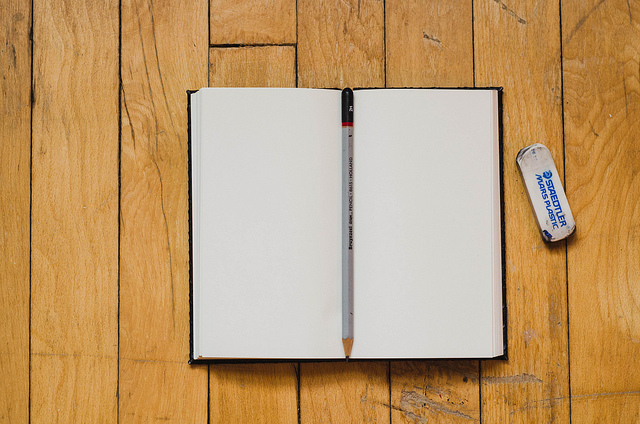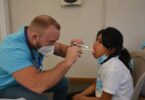If you’re like most of us, you’ve never seen the notes your doctors take during a visit. So, it’s hard to imagine what happens when doctors share their notes. It turns out to be a good idea. Here’s why you should ask your doctor if you can review your medical records if you have not done so.
Today, 120 health care systems throughout the US use “Open Notes,” an initiative in which doctors open their notes to patients. It’s a new and growing trend in this country but a practice that is common in other parts of the world. Now, patient advisory groups in this country are asking doctors to share their notes.
As Mara Gordon reports for NPR, for doctors, sharing medical records can be a bit of a challenge. For one, they cannot use acronyms like SOB, shortness of breath, or their patients will not be able to understand the notes. Moreover, their patients may question or object to their entries.
One patient felt her doctor had betrayed her trust when she read in her doctor’s notes that she and her child were not in a good place. The doctor made the entry to remind himself and other doctors that this patient did not have a health care buddy to join her at her doctors’ appointments. But, the patient felt she had shared the information with her doctor in confidence, not to share it with other doctors.
A study of 105 doctors with 19,000 patients receiving primary care at Beth Israel Deaconess Medical Center in Boston, Geisinger Health System in rural Pennsylvania, and Harborview Medical Center in Seattle, reveals that information is power for patients in the health care arena. OpenNotes allows patients to partner with doctors in conversations about treatment options. Patients who see their doctors’ notes have a better sense of their health issues, and they report better medication compliance.
Results from another OpenNotes study, letting patients see their doctors’ notes, also show it can help improve patient “satisfaction, trust and safety.” The majority of patients who read their doctors’ notes felt the same about their doctors after reading them, and almost four in ten, 37 percent, felt better about their doctors. No doctors who shared their notes reported ordering more tests or more referrals. And a slim majority said they believed their patients were more satisfied with their care and trusted them more.
While it’s still not customary for doctors to share their notes with their patients, it is a growing trend. Doctors and nurses believe patients benefit from seeing these notes. They can be more engaged in decision-making about their care. That can mean better health outcomes. And, if there are mistakes in patients’ records, patients can catch and correct them.
Major funding is now in place for 50 million more Americans to access OpenNotes. We’ve come a long way since the Seinfeld episode in which Elaine struggles without success to see her doctor’s notes. Check out this short clip below.
And, if you’re wondering whether it’s time to find a new doctor, here are four questions to ask yourself; there are several reasons you need a good primary care doctor.
Here’s more from Just Care:
- Shared decision-making about health care can mean greater patient satisfaction
- Improve your health with a buddy
- Four questions to ask yourself about your primary care doctor
- How to choose a doctor
- 2019 Social Security benefits should rise, but checks may not










